Wendy T. Behary – Schema Therapy – Proven Techniques to Treat Your Most Challenging and Resistant Clients
$440 Original price was: $440.$59Current price is: $59.
Shopping Instructions:
- DISCOUNT 15% : SHOP15
- Product Delivery: Within 1 – 12 hours after purchase.
Schema therapy is an innovative, integrated therapeutic approach, originally developed (by Dr. Jeffrey Young) as an expansion of traditional cognitive-behavioral treatments.
Wendy T. Behary – Schema Therapy – Proven Techniques to Treat Your Most Challenging and Resistant Clients
- Anxiety
- Chronic Depression
- Eating Disorders
- BPD
- Substance Abuse
- Narcissism
Schema therapy is an innovative, integrated therapeutic approach, originally developed (by Dr. Jeffrey Young) as an expansion of traditional cognitive-behavioral treatments. The schema therapy approach draws from cognitive-behavioral therapy, attachment theory, psychodynamic concepts, and emotion-focused therapies. In comparison to cognitive-behavioral therapy, schema therapy emphasizes lifelong patterns, affective change techniques, and the therapy relationship, with special emphasis on limited and adaptive re-parenting.
Schema therapy is particularly well suited for difficult, resistant clients with entrenched, chronic psychological challenges, including personality disorders (such as BPD and Narcissism), eating disorders, intractable relationship problems, and criminal offenders. It is also effective for relapse prevention in depression, anxiety, and substance abuse.
Get immediately download Wendy T. Behary – Schema Therapy – Proven Techniques to Treat Your Most Challenging and Resistant Clients
The results of a major comparative outcome study have shown schema therapy to be highly effective with a large percentage of outpatients with Borderline Personality Disorder, with a low dropout rate. Clients who have spent years gaining valuable insight with psychodynamic treatments, but who are frustrated by their lack of progress, often respond well to the active, systematic, flexible, and depth-oriented schema approach.
This workshop will include a combination of teaching methods, including lectures, handouts, videotapes of master schema therapists, live demonstrations, question-and-answer periods, group discussion, assessment and change strategies practice exercises, discussion of obstacles in treatment including therapist’s own schemas, and small group exercises.
Be the first to review “Wendy T. Behary – Schema Therapy – Proven Techniques to Treat Your Most Challenging and Resistant Clients” Cancel reply
Related products
HEALTH & MEDICAL
HEALTH & MEDICAL
HEALTH & MEDICAL
HEALTH & MEDICAL
CC11 Workshop 06 – Magical Moments in Couples Therapy – Jette Simon
HEALTH & MEDICAL

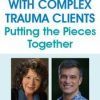

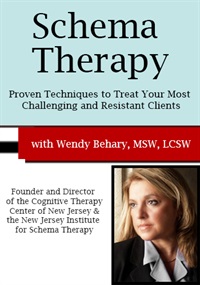

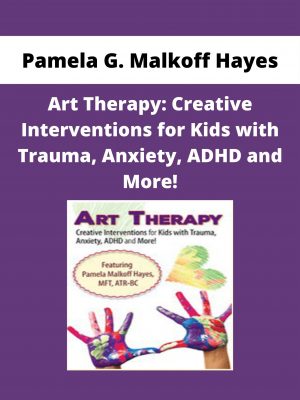


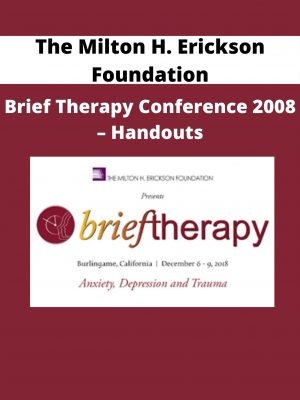
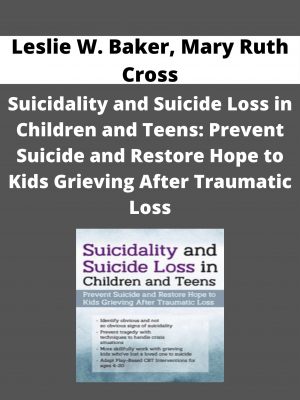

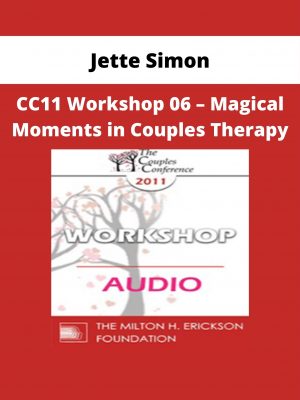
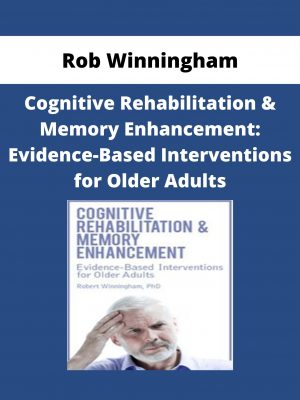
Reviews
There are no reviews yet.